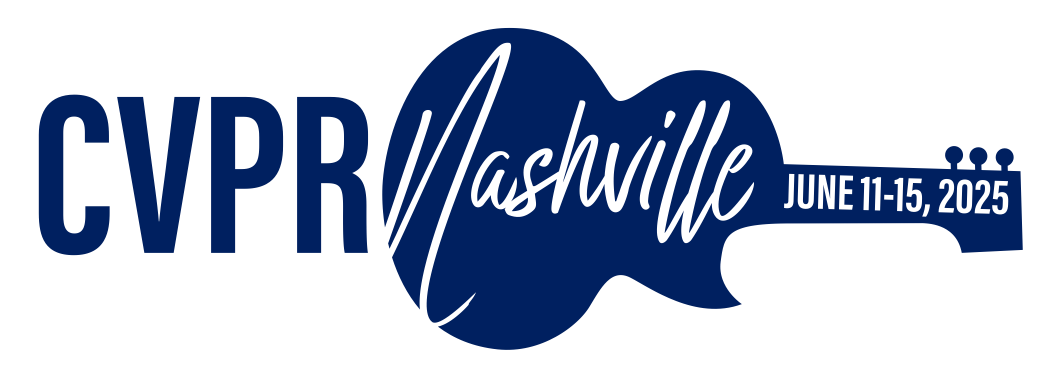-
[pdf]
[supp]
[arXiv]
[bibtex]@InProceedings{Choe_2025_CVPR, author = {Choe, Seun-An and Park, Keon-Hee and Choi, Jinwoo and Park, Gyeong-Moon}, title = {Universal Domain Adaptation for Semantic Segmentation}, booktitle = {Proceedings of the IEEE/CVF Conference on Computer Vision and Pattern Recognition (CVPR)}, month = {June}, year = {2025}, pages = {4607-4617} }
Universal Domain Adaptation for Semantic Segmentation
Abstract
Unsupervised domain adaptation for semantic segmentation (UDA-SS) aims to transfer knowledge from labeled synthetic data (source) to unlabeled real-world data (target). Traditional UDA-SS methods work on the assumption that the category settings between the source and target domains are known in advance. However, in real-world scenarios, the category settings of the source and target are unknown due to the lack of labels in the target, resulting in the existence of target-private or source-private classes. Traditional UDA-SS methods struggle with this change, leading to negative transfer and performance degradation. To address these issues, we propose Universal Domain Adaptation for Semantic Segmentation (UniDA-SS) for the first time to achieve good performance even when the category settings of source and target are unknown. We defined the problem in the UniDA-SS scenario as that the confidence score of common Unsupervised domain adaptation for semantic segmentation (UDA-SS) aims to transfer knowledge from labeled source data to unlabeled target data. However, traditional UDA-SS methods assume that category settings between source and target domains are known, which is unrealistic in real-world scenarios. This leads to performance degradation if private private classes exist. To address this limitation, we propose Universal Domain Adaptation for Semantic Segmentation (UniDA-SS), achieving robust adaptation even without prior knowledge of category settings. We define the problem in the UniDA-SS scenario as low confidence scores of common classes in the target domain, which leads to confusion with private classes. To solve this problem, we propose UniMAP: UniDA-SS with Image Ma tching and Prototype-based Distinction, a novel framework composed of two key components. First, Domain-Specific Prototype-based Distinction (DSPD) divides each class into two domain-specific prototypes, enabling finer separation of domain-specific features and enhancing the identification of common classes across domains. Second, Target-based Image Matching (TIM) selects a source image containing the most common-class pixels based on the target pseudo-label and pairs it in a batch to promote effective learning of common classes. We also introduce a new UniDA-SS benchmark and demonstrate through various experiments that UniMAP significantly outperforms baselines. The code is available at https://github.com/KU-VGI/UniDA-SS.
Related Material





